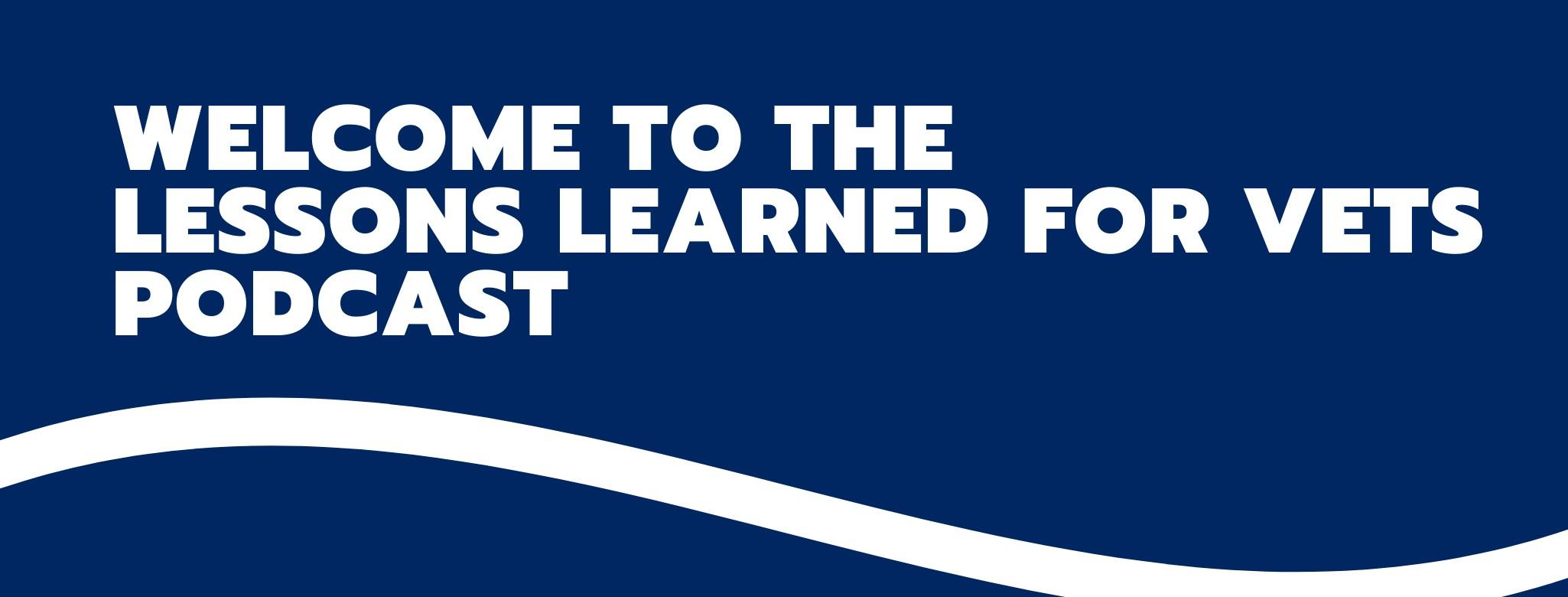
-
-
-
Episode #32:
-
-
Bouncing Back from Getting Fired to Finding the Right Fit with the Federal Government with Cindy Dorfner
Cindy Dorfner retired in 2013 after completing a 21-year career in the USAF mostly focused in public affairs. On the surface her transition was seamless as she immediately landed a director-level role with a national company in the private sector. Though she was unhappy in the role and was already looking for a new role, it was a shock when the company let her go after just 6 months. She eventually landed on her feet and discovered that the federal government was a great fit for her. Cindy has worked for the state of Louisiana, is currently the Communications Director and PA Officer for the VA in Phoenix, AZ and is soon headed to Germany to work for the Army as a communications director. Cindy shares her perspective of the federal hiring process as both a job-seeker and hiring official.
Lessons Learned:
- The less-structured life of retirement may come as a surprise for you, particularly if you are retiring from your first job out of high school.
- It may be a shock to go from a respected leadership position in the military to “just a number” in a corporate office.
- Benefits in the private sector may be far less than what the military offered you, such as days off, free time to take care of appointments and training approaches.
- You might experience the pain of getting fired from a post-military role.
- Use this time to process and learn more about yourself and the working world in civilian life.
- Discover what you miss (or don’t miss) most about your military career.
- Become more self-aware about your comfort zone.
- Do you prefer to work in a tiered, hierarchical organization?
- Do you like to be more autonomous?
- When applying to federal positions on USAjobs:
- Apply for jobs you really qualify for.
- When you apply, substitute your real experience for the preprogrammed questionnaire wording.
- Mark yourself as an expert (as long as it’s true)!
- If you pass the computer, your application and resume are sent to a hiring panel for review.
- The panel reviews your package and gives you a certain number of points to approve or disapprove an interview with you.
- You get points for completing collegiate-level education, so do your best to finish degrees before you separate or retire.
- The federal resume is more exhaustive than a private sector resume, but don’t throw in extra stuff that you don’t need for the posted position.
- If you mark “contact me first” for supervisors prior to your current role, it sends the wrong message to the hiring official.
- Ask someone else to read your resume before you send it—they might catch errors that you didn’t.
- During a federal interview:
- Review the knowledge, skills and abilities (KSAs) on the posting and prepare real stories from your previous work that exemplify those.
- Have more than 1 story ready to talk about, in STAR form (situation-task-action-result).
- Typically, you will have a panel of hiring officials for the 1st round of a federal interview process.
- Answer the interviewer’s specific question. It might help you to repeat the question as part of your answer.
- Federal interviewers cannot ask follow-up questions the way some corporate interviewers can.
- Some interviews may be more succinct than you expect.
- Prepare for your transition before you’re ready to retire.
- Don’t blast your resume to too many places and take whatever comes along. Ensure it’s a good fit for you and the company.
- You deserve to enjoy what you’re doing for work!
You can connect with Cindy on LinkedIn at: https://www.linkedin.com/in/cindy-dorfner-9622b88/
Are You Struggling to Write Your Resume?
I created the Veteran Resume Self-inspection Checklist to lessen the resume writing struggle for veterans. This 11-item checklist will educate you in resume best practices while giving veterans a guide to assess their resume and determine if it's ready to send to employers.
Download Your Checklist Here




